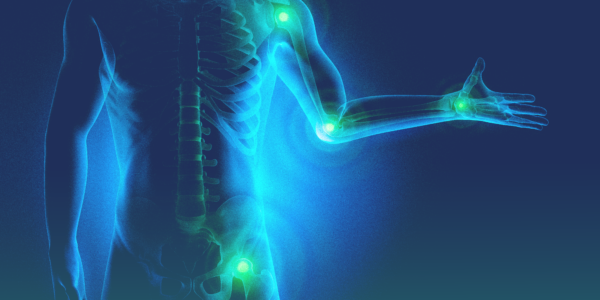What is Rheuma?
Popularly, the word ‘rheumatism’ is often used to indicate pain and stiffness in the joints and muscles, but rheumatism is much more than that.
Rheumatism is a collective name for about two hundred acute and chronic disorders that affect our musculoskeletal system (muscles, tendons, joints) and the associated connective tissue.


Rheumatic diseases are systemic diseases, in other words they can manifest themselves all over the body and affect organs such as blood vessels, kidneys, liver, lungs and heart. There is no age indication on rheumatic diseases. Babies and young children can also develop a rheumatic disease. Rheumatic diseases are not yet curable. There are medicines that can slow down or even stop some diseases. However, long-term treatments are often required.
The cause of the diseases is not yet known. Most forms of rheumatism are not hereditary, although we sometimes see a familial tendency.